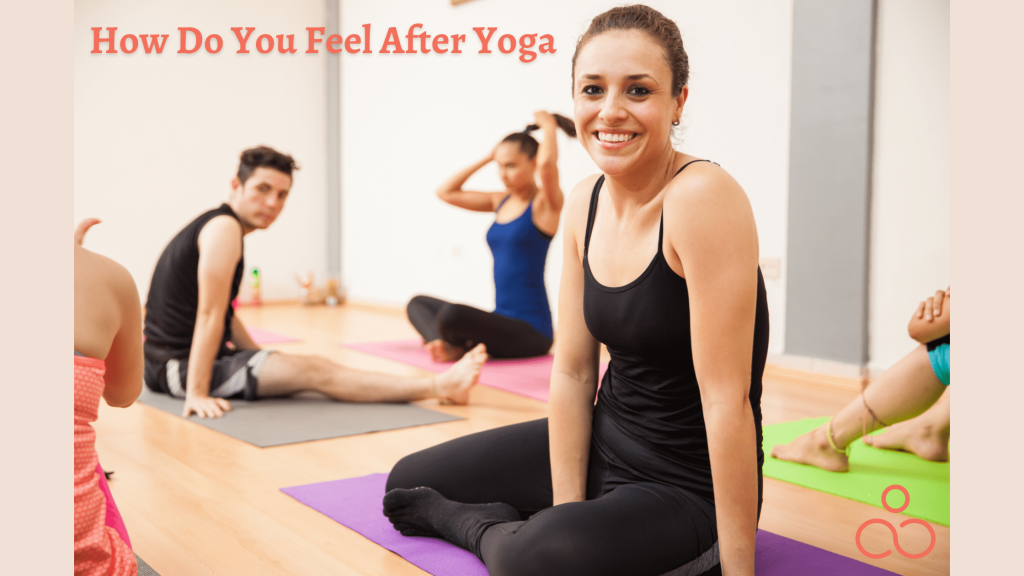Yoga is a great routine that many fitness enthusiasts like for the immense benefits it has to offer. But there is a standard question that keeps circling as to how do you feel after yoga? Honestly, only you would know what yoga means to you and how you feel after yoga practice. Each person comes from a different background, carries different goals, and similarly experiences different emotions. You might feel light, happy, or even upset. But here, we summarized how people perceived their yogic experience to define and explain the most common emotions.
How do you feel after doing Yoga?
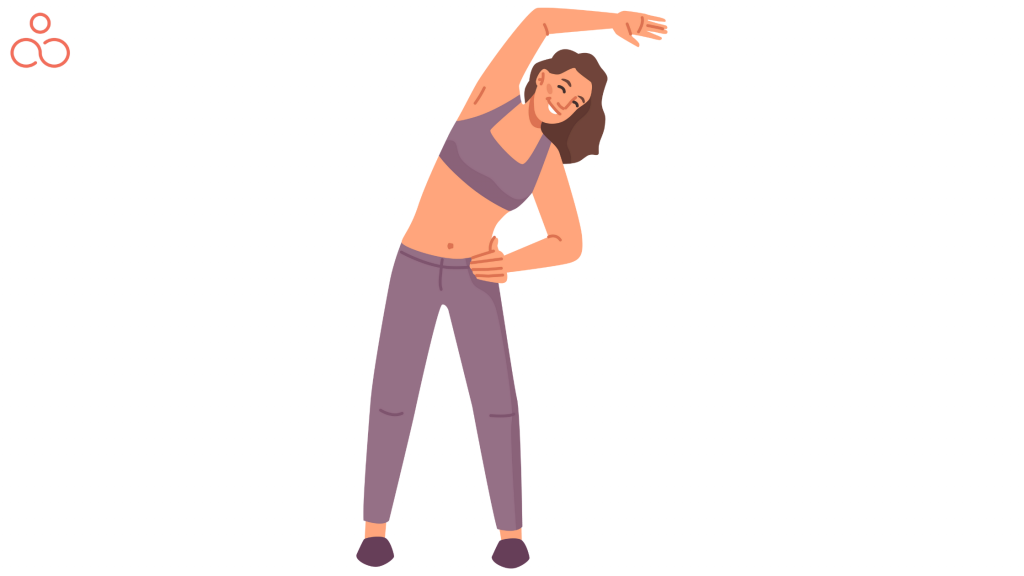
We feel more tranquil and relaxed due to the breathing techniques we do in yoga, such as diaphragmatic breathing (also known as Ujjayi breath), which helps to move us from our sympathetic nervous system to our parasympathetic nervous system (aka, rest and digest).
After completing numerous yoga poses and pranayama and concluding the session with Shavasana, some people feel as if they are on top of the world and feel buoyant.
Others report feeling weary and sick after doing yoga poses, which might be due to various factors. You may feel weary after a yoga session if you practice a yoga position that is not good for your health.
How does Yoga affect people’s emotions?

Yoga gives different experiences to every individual. While some of them might feel energetic, happy, euphoric, light-headed, there are others who might say that they ended up lost in thoughts, sad, angry or even with a headache in their initial few sessions. You might even feel boundless love or even extreme hate but nothing to worry, it is all natural and a way to release your emotions. Yoga feels comforting, reassuring them that they are where they should be and therefore people tend to experience their untapped and strong emotions easily. Some people may even experience hunger, fatigue, or exhaustion. After yoga, how you feel differs from individual to individual and even from time to time. How we feel that day is determined by our emotions, bodies, and the practice we choose to undertake.
Why do I feel a bit weird after doing Yoga?
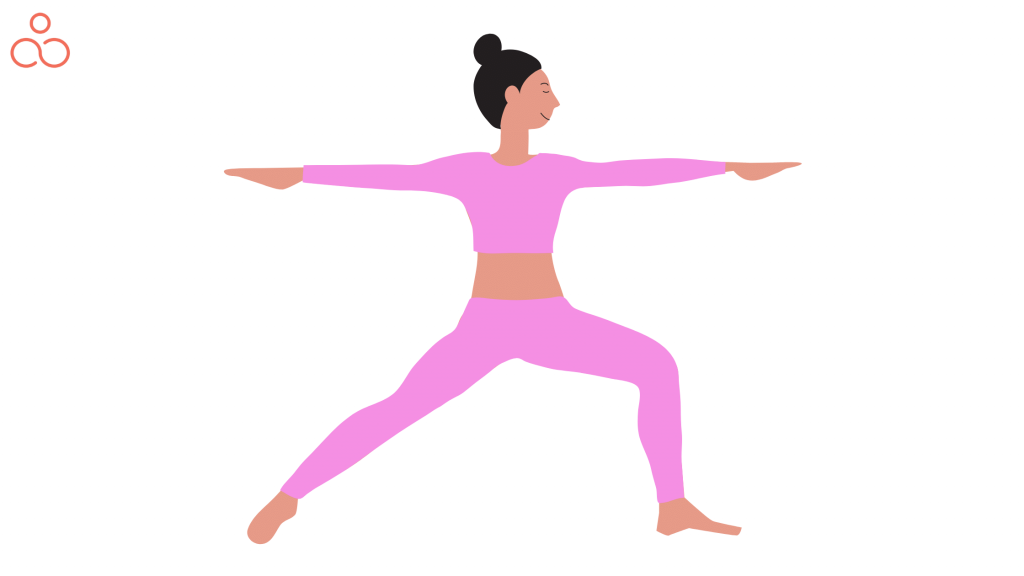
For some people, yoga may be a healing experience. You may find yourself laughing or weeping for no apparent reason while engaging in or adhering to an emotionally/physically challenging yoga practice. Get urgent assistance if you feel troubled, anxious, dissatisfied, or enraged during class. It’s conceivable that these feelings could result from psychological barriers being removed.
Why does Yoga bring me joy?
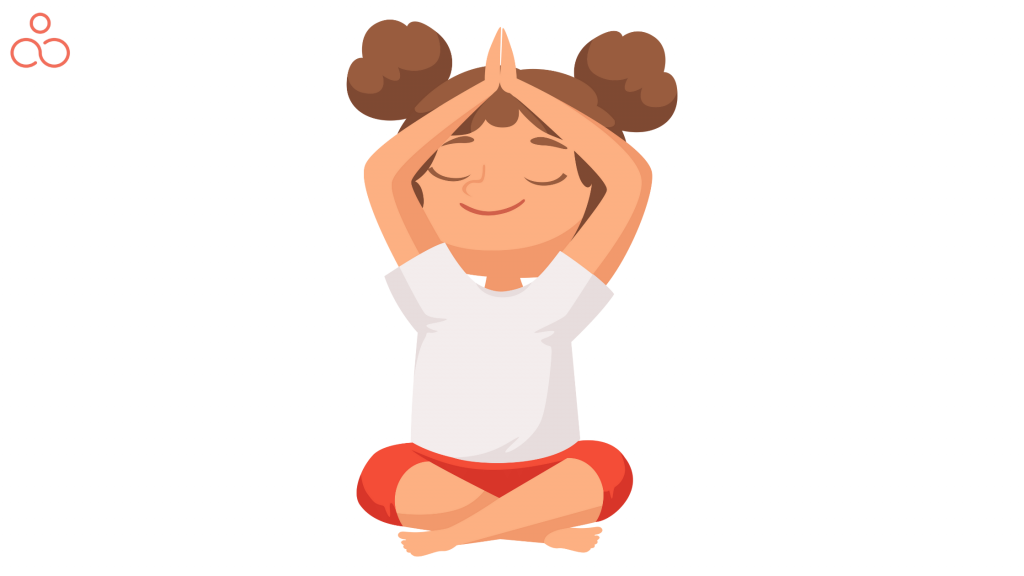
The many advantages of yoga practice may be linked to one primary mechanism: the vagus nerve’s function, which connects the brain (and hence awareness) to the entire body (and vice versa). According to our findings, even a brief practice of yoga poses can positively impact vagal tone, making us feel more satisfied, joyful, and reduces stress to a great extent..
Why do I feel euphoric after doing Yoga?
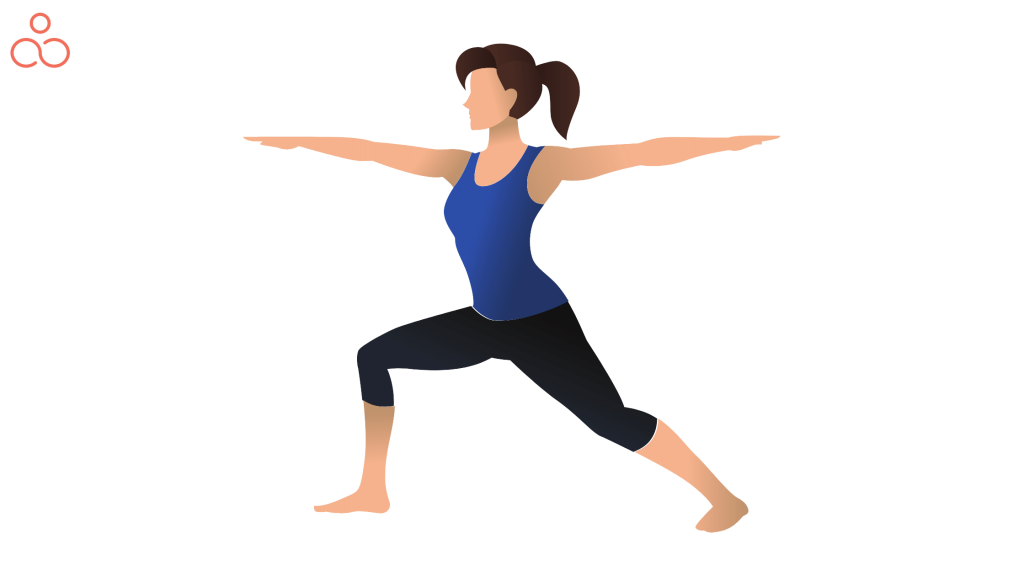
The vagus nerve is highly responsible for such a euphoric state. It brings in awareness and a state of extreme happiness or bliss. Yoga can be really powerful in understanding yourself in the best and the most joyful manner. The fight-flight response which is commonly spoken about these days is nothing but the body’s response to an impending danger. Now, what our body perceives as danger could be as simple as a job interview or life-threatening road accident. But in either case the sympathetic nervous system is activated. On the other hand, yoga initiates the parasympathetic nervous system, also referred to as the “rest or digest” where your body understands that you are safe and there is nothing to worry and feel anxious about. Once you start feeling safe, it is the natural trigger for the body to stay happy and excited about life and it becomes very obvious that you experience your euphoric state!
What causes my sloppiness after Yoga?
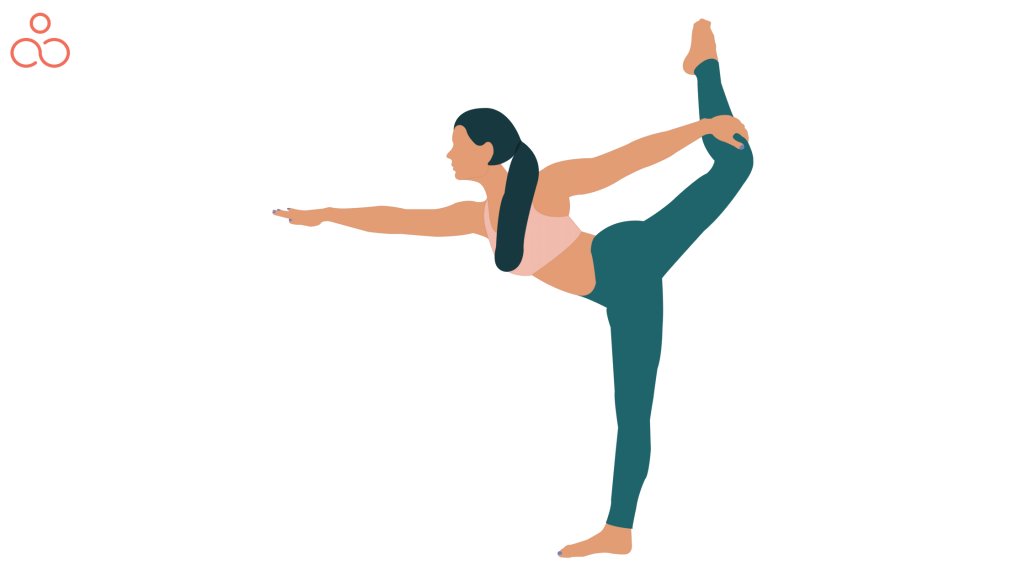
Shaking or quivering muscles during challenging yoga poses is a psycho-physiological response to exercise, and they signal muscular exhaustion, which is typically a positive thing! Your muscles are unable to engage correctly. As a result, causing them to shake. Some of the probable reasons that result in such as sloppy feel are:
- Muscle fatigue
- Holding poses for longer durations
- Lack of proper body alignment
- Dehydration
- Improper breathing
Some people also experience nausea when they do not have a sufficient gap between their heavy meals and yoga practice. This is because the blood flow is directed from the stomach and GI (Gastro-Intestinal) tract to the working muscles, and the digestion process slows down. Hydrate yourself and keep your tummy light. Do not panic if you feel nauseous during the workout. Just sit back and focus on your breathing!
Does Yoga give you endorphins?
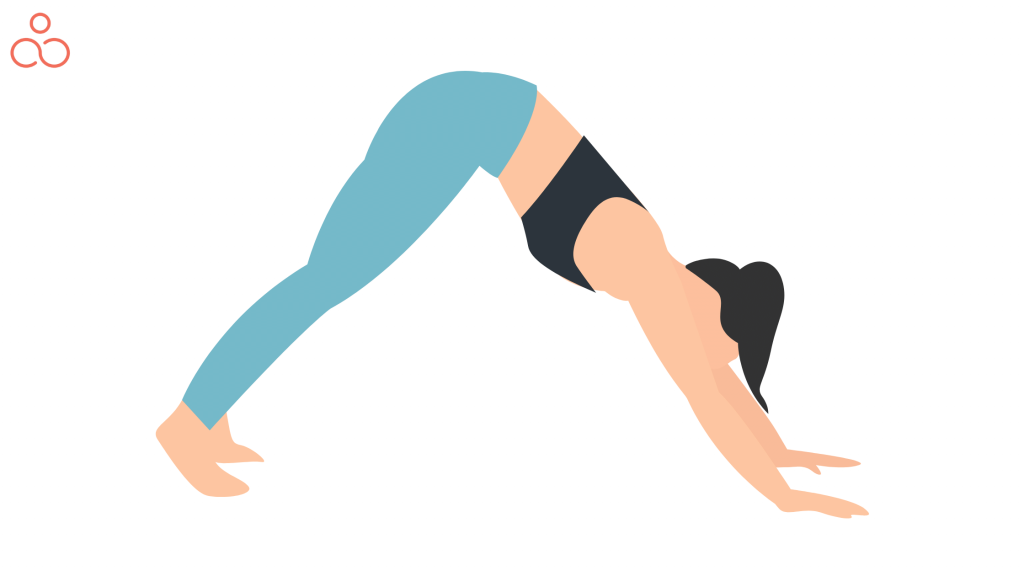
Meditation and yoga are pretty good for their stress-relieving and relaxing properties. The release of endorphins probably has something to do with it. According to research, yoga and meditation can assist in alleviating stress symptoms while simultaneously raising endorphins. When you practice yoga you are improving the neuroplasticity (brain’s capacity to rewire itself or change) of your brain, making it much more potential to alter its structure and accept new habits, good or bad easily. That is exactly why positive affirmations are also meant to bring in all the goodness in life.
Is Yoga beneficial to one’s happiness?
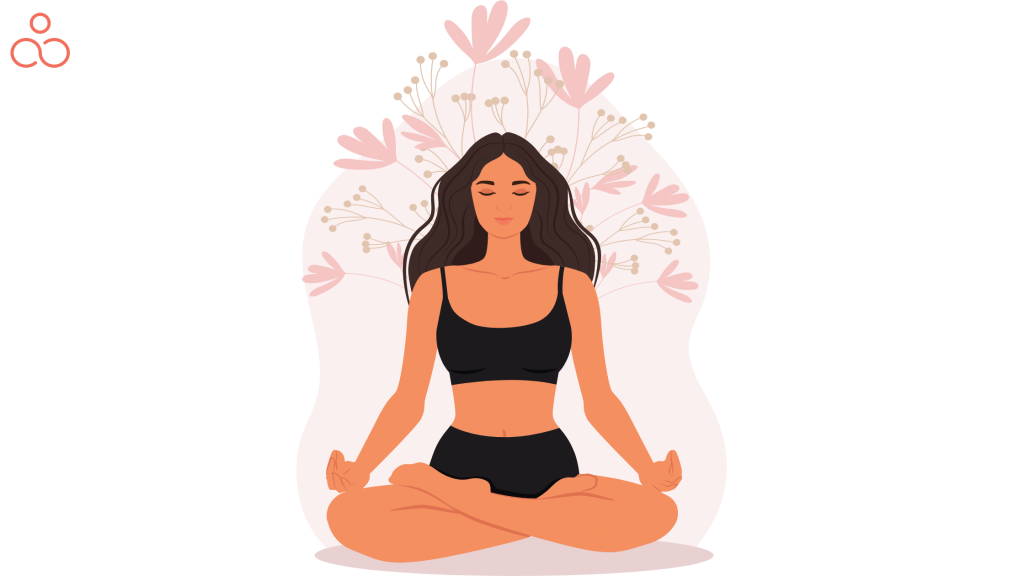
Finding a way to stay happy may seem challenging, but yoga may be a helpful ally in the search for happiness. It’s not only about improving your overall fitness; it also has the added benefit of bringing immense emotional peace. It has the power to restore awareness and dispel bad ideas. Increased blood circulation during yoga and a conscious breathing that enhances the mind-body awareness help in bringing in the right balance in your life. The blood rush makes you look and feel healthy and happy inside out.
Have you experienced the “Yoga high”?
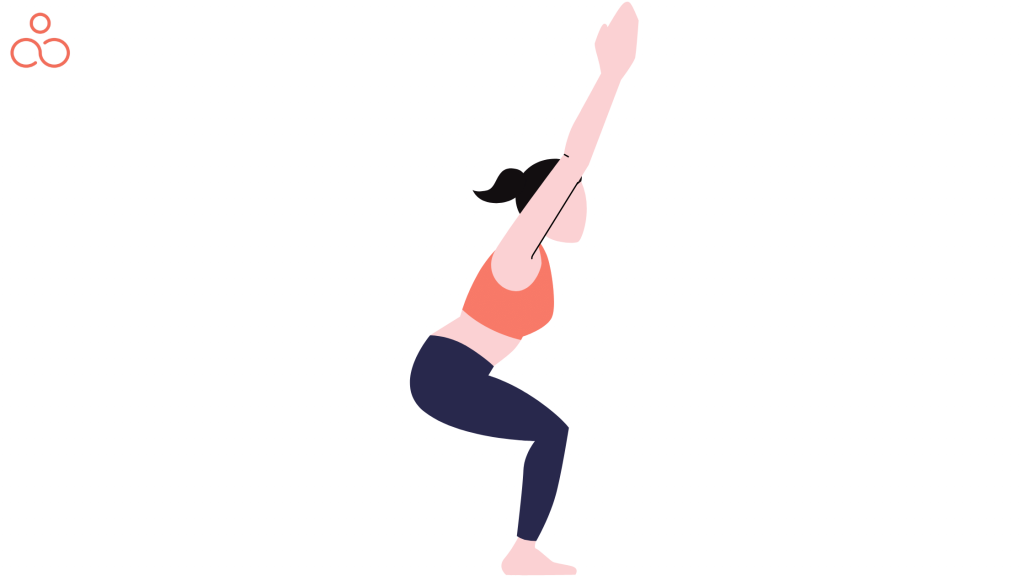
“Yoga high” is a buzzy and energetic experience that makes you calm, refreshed, strong, and pulsated with a relaxed and composed mood throughout the day. Regular practitioners tend to increase their neurotransmitters (chemical substances transmitted from the nerve endings as neurons to convey messages to the target cell or body part. They act like messengers inside the body and are crucial for daily functioning of the body)by a good 47%. According to the yoga philosophy, you obtain the sattvic nature after being regular at your practice. It is bliss, where you neither feel consumed (tamas guna) nor overactive (rajas guna).
How can Yoga improve your mood?
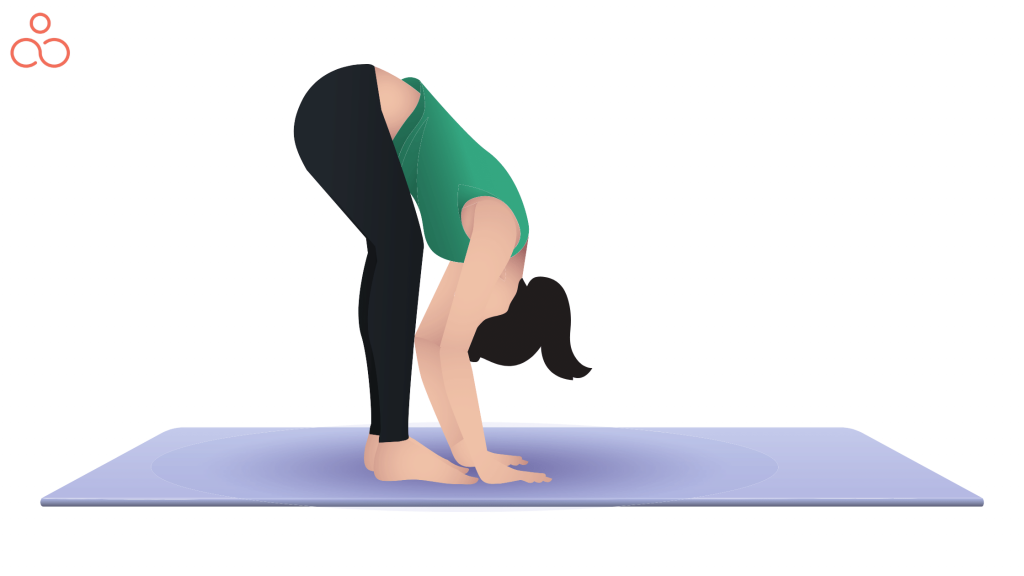
According to a study, yoga can assist in increasing the amounts of gamma-aminobutyric acid (GABA), a chemical that helps control nerve activity in the brain. GABA activity is low in those who struggle with psychiatric conditions, and medications that increase GABA activity are frequently prescribed to make someone feel better and less worried. Study shows that yoga improves the GABA levels which in turn helps improve the mood and alleviate mental stress and anxiety.
Benefits of Yoga
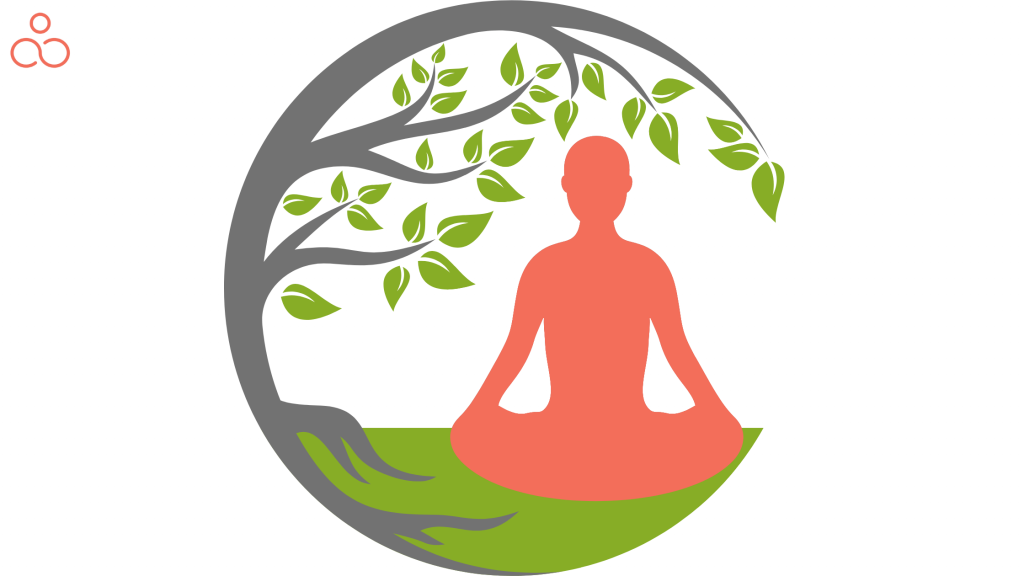
While there are numerous benefits of yoga, we have listed only a few to understand the possible changes and positive impacts you might experience post-yoga. We have written a similar article about the benefits of meditation.
- Improves physical strength
- Enhances blood circulation
- Tones the muscles
- Alleviates pain in back
- Reduces stress, anxiety, and tension
- Lowers depression
- Brings in flexibility
- Improves mobility in joints
- Benefits the rehab and recovery
- Stretches the body
- Controls high blood pressure
- Improves sleep cycles
- Enhances the energy
- Improves mood
- Unlocks trapped emotions
- Develops a calm and relaxed approach toward life
In a nutshell,
- You feel experience every inch of your body
- You might feel weak, rigid, and stiff if they are your initial few classes
- You will feel a release of tension when in Shavasana
- You might experience fluctuating emotions such as anger, joy, or sorrow. It all comes from how yoga works on balancing your emotions
- You might see yourself getting better at socializing; after all, yoga is to stay united in its very essence
- You will experience a newfound calmness within yourself
Conclusion
Though each individual will have a different experience, yoga is bound to benefit everyone. You might find yourself lost, too, as you are tapping your inner potential and breaking all limitations that might have been in your head. So, embark on your journey and embrace the way you experience yoga, for it will only give back the best to you!

